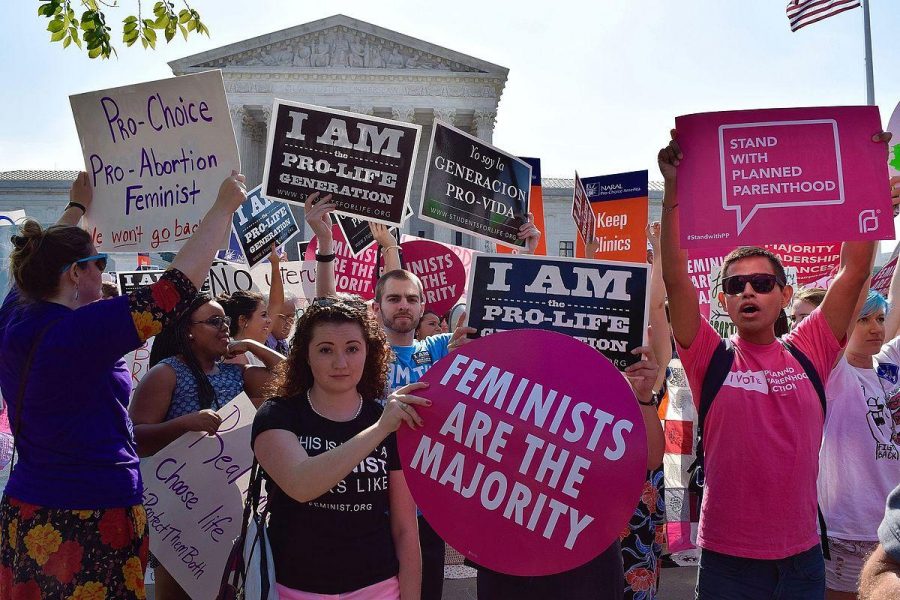On June 27, Justice Anthony Kennedy announced that he would be retiring from the Supreme Court at the end of July. His announcement created a furor in the pro-choice and pro-life communities. Justice Kennedy was the swing vote on the court, regularly toeing the Republican line on issues like campaign finance, gun rights and business regulation while also joining the majority in reaffirming Roe v. Wade in Planned Parenthood v. Casey. His departure from the court has led many to question the future of Roe v. Wade and abortion rights more generally. Planned Parenthood and NARAL Pro-Choice America are calling to #SAVESCOTUS and are warning that abortion rights are endangered by the possibility of Trump appointing a conservative judge to the court. On the other side of the debate, Students for Life of America and the Susan B. Anthony List are explicitly calling on Trump to appoint a judge who would vote to overturn Roe.
While both sides are imagining a future in which Roe v. Wade is rapidly overturned and abortion is outlawed, I think that the change would not be as quick as many are speculating. Imagine if Trump did appoint a pro-life judge and that this judge gets confirmed. Roe would not be immediately overturned because a case challenging the status quo on abortion would have to make its way through the lower courts. Once the hypothetical case arrived at the Supreme Court, the justices wouldn’t necessarily have to overturn Roe in order to limit abortion rights. They could widen states’ abilities to limit abortion while still upholding the underlying right to an abortion. Even if they did overturn Roe, that decision would not outlaw abortion. The question of abortion rights would be kicked back to state and federal legislatures. This is the purported best case scenario for pro-life groups. The pro-choice Guttmacher Institute reported that in 2017, 29 states were “hostile or extremely hostile” to abortion while 12 were supportive. That is a much friendlier playing field for pro-life activists to lobby for restrictions on abortion providers, education requirements and definitions of person-hood.
All of this sounds like Justice Kennedy’s resignation will usher in a string of victories for the pro-life movement. While these legal wins will definitely advance the pro-life cause, I believe that the rhetoric surrounding the appointment of a conservative judge will harm the movement in the long term. The pro-life movement already has an image problem of seeming more pro-birth than pro-life. The continued emphasis on overturning Roe only bolsters this perception. When we consider that a Trump-appointed conservative judge would also likely oppose immigration rights and restrictions on the death penalty, the decision to appoint a “pro-life” judge sounds more like fulfilling a campaign promise to overturn Roe rather than an actual concern for protecting life from the womb to the tomb. Though Justice Kennedy’s resignation will have far-reaching implications for the availability and legality of abortions, the changes will not be as quick as either the pro-choice or pro-life movements expect and, while the pro-life movement will likely pick up key legal victories, the exclusive focus on overturning Roe v. Wade might do it more harm than good.


